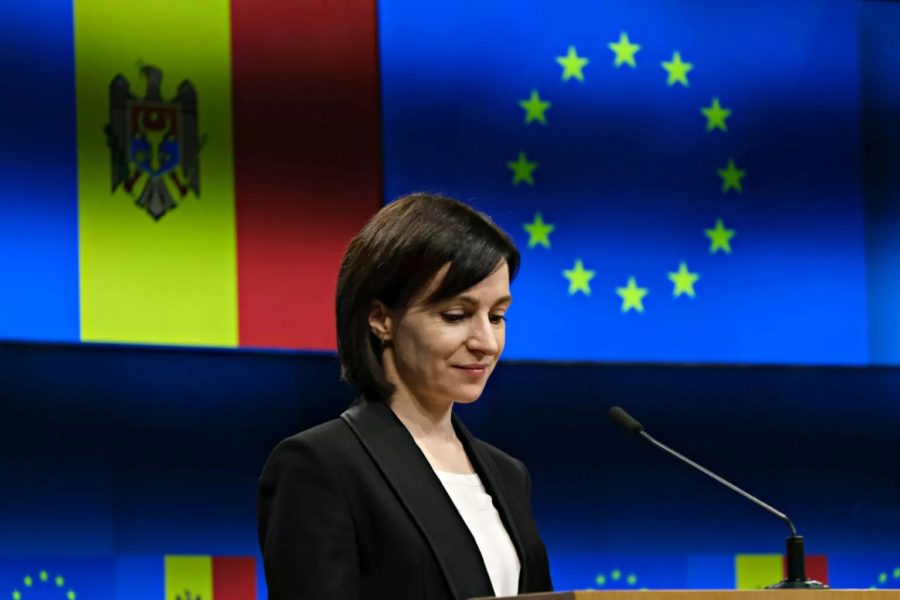Moldova’s pro-European governing party Action and Solidarity (PAS), founded by President Maia Sandu, has secured victory in parliamentary elections with 50.14% of the vote, according to data from the country’s Central Election Commission. The results are based on 99.91% of protocols processed as of 9:10 am.
The opposition Patriotic Electoral Bloc, led by former president Igor Dodon who advocates closer ties with Russia, came second with 24.19% of votes.
Three additional parties crossed the threshold to enter parliament: the pro-European Alternative bloc with 7.97%, Renato Usatii’s Our Party with 6.20%, and the Democracy at Home party with 5.62%.
The outcome carries significant weight for Moldova’s future direction. As a parliamentary republic, these elections will determine both the country’s foreign policy course and domestic agenda. The composition of Moldova’s new parliament will give majority control to forces oriented toward the country’s European course.
President Sandu narrowly won reelection in 2024’s presidential race. Prior to the vote on 28 September, she warned that Russia was preparing unprecedented interference in the parliamentary elections.
Russian interference attempts
President Sandu narrowly won reelection in 2024’s presidential race. Prior to the vote on 28 September, she warned that Russia was preparing “unprecedented interference” in the parliamentary elections.
According to TV8, Sandu said that Russia had already invested in several political instruments to “push its people into parliament” and thereby undermine democratic processes in the country. Russia had at least a dozen main tools for election interference in Moldova, she said.
Stanislav Secrieru, the president’s national security adviser, later announced that Russia was intensifying attempts to influence Moldovan citizens living across Europe ahead of the 28 September 2025 elections.
He specifically pointed to renewed activity of the Kremlin-backed Matryoshka network, which aims to create fake media outlets and use them to spread false messages.
On 15 August, President Sandu said that the Moldovan diaspora was experiencing “unprecedented” pressure from “hostile forces” before the parliamentary elections. She called on citizens abroad to be “more vigilant than ever in the country’s history,” remain united, and protect sovereignty, democracy, freedom and European choice.
On 14 September, Sandu said Moscow had intensified an online disinformation campaign, particularly targeting the Moldovan diaspora before the parliamentary elections. She also accused Russia of using Orthodox priests to spread propaganda and launching the Matryoshka bot network to create fake content disguised as legitimate foreign media.




